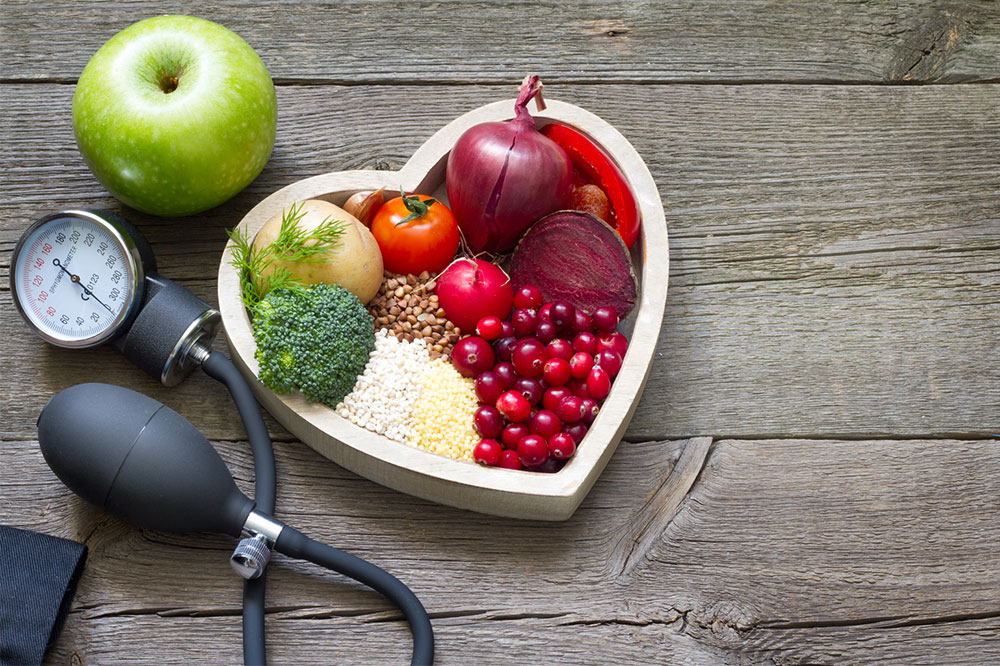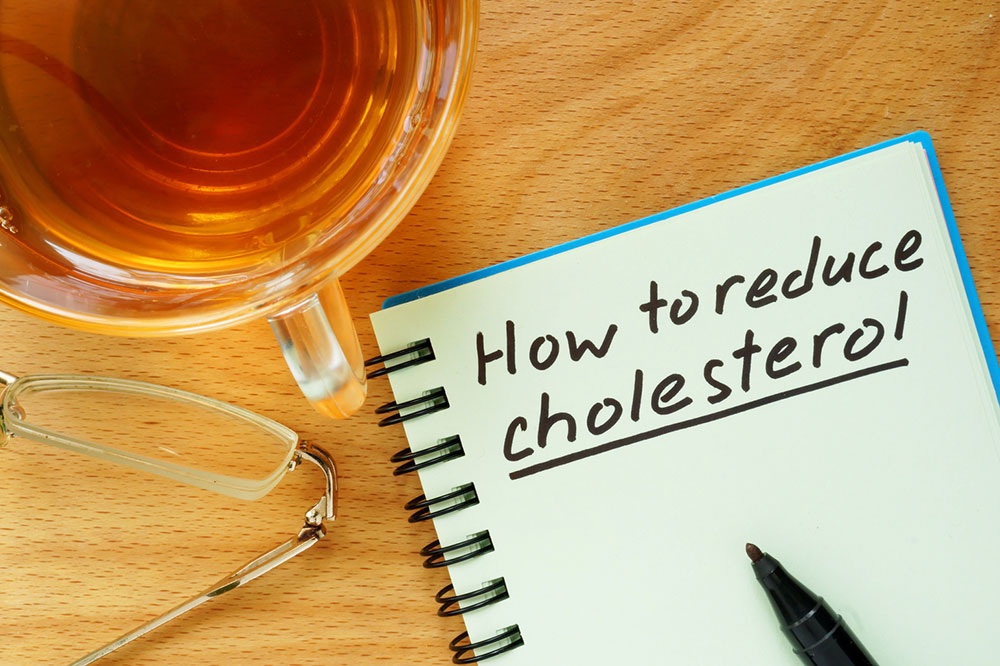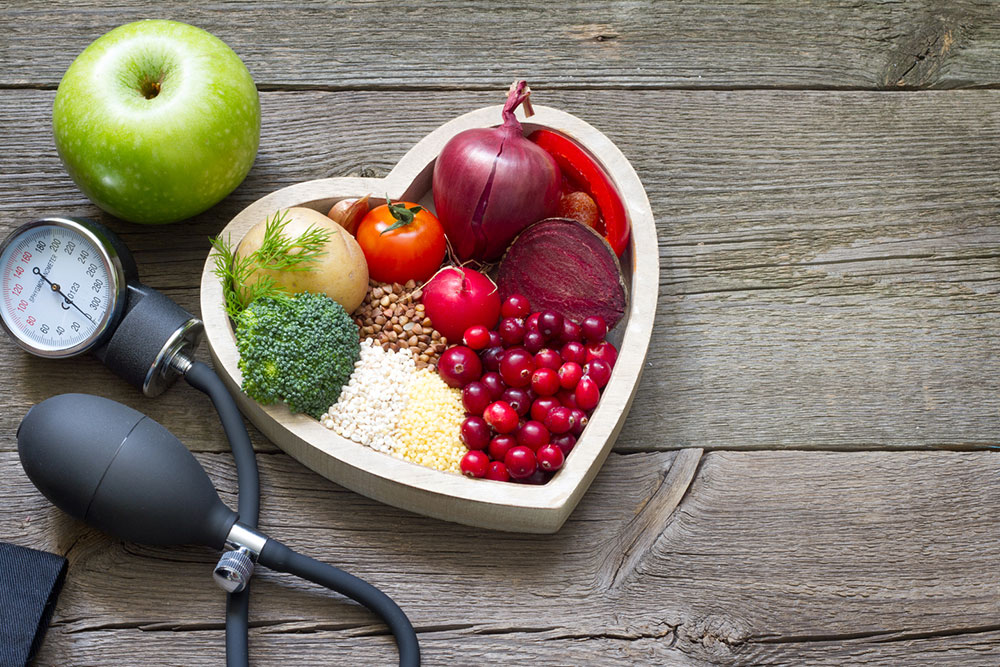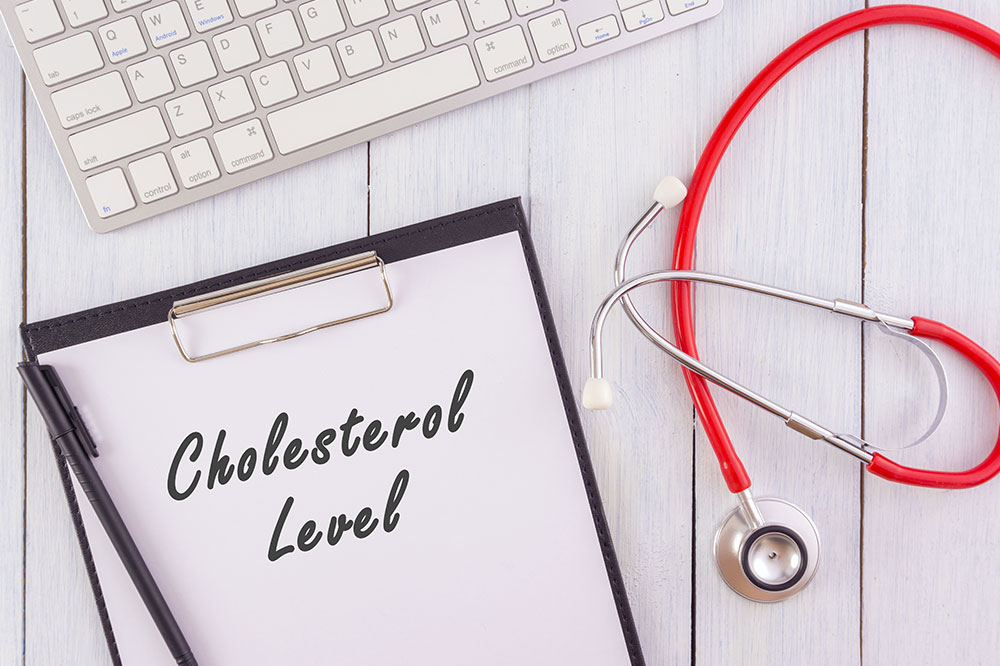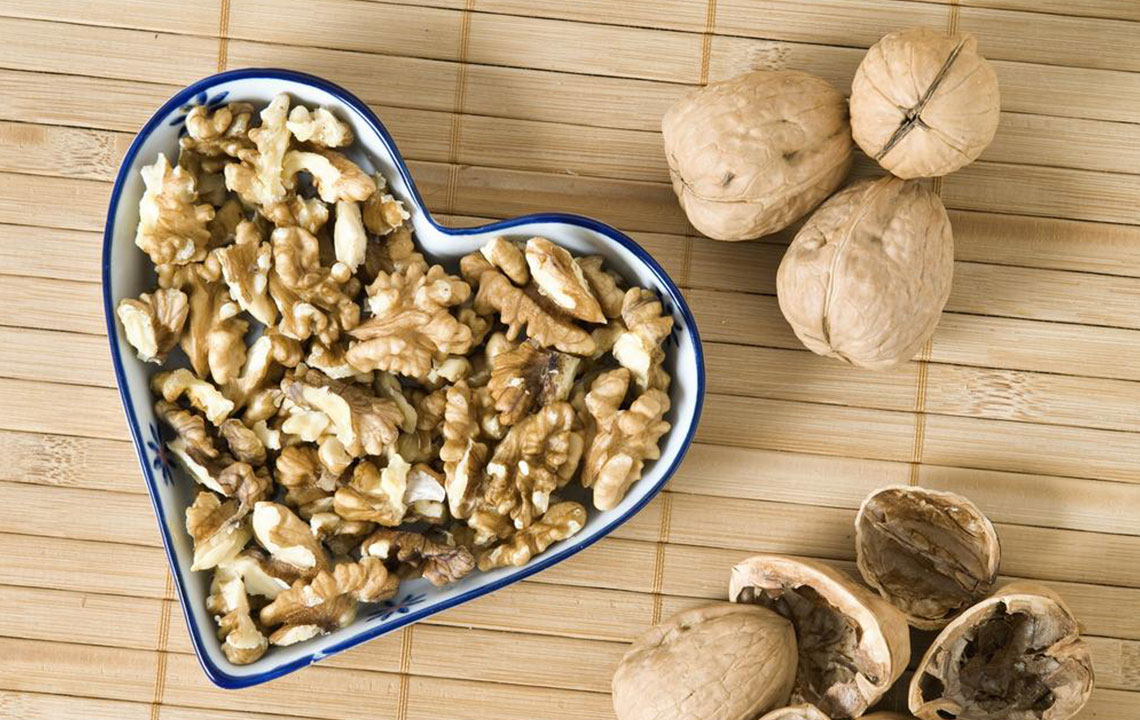Effective Strategies to Lower Cholesterol Naturally and Medically
Discover effective alternatives to statins for managing high cholesterol, including medications, dietary changes, and exercise. Learn how natural food choices and physical activity can support cardiovascular health, supported by medical insights. A comprehensive guide to achieving optimal cholesterol levels safely and effectively.
Sponsored
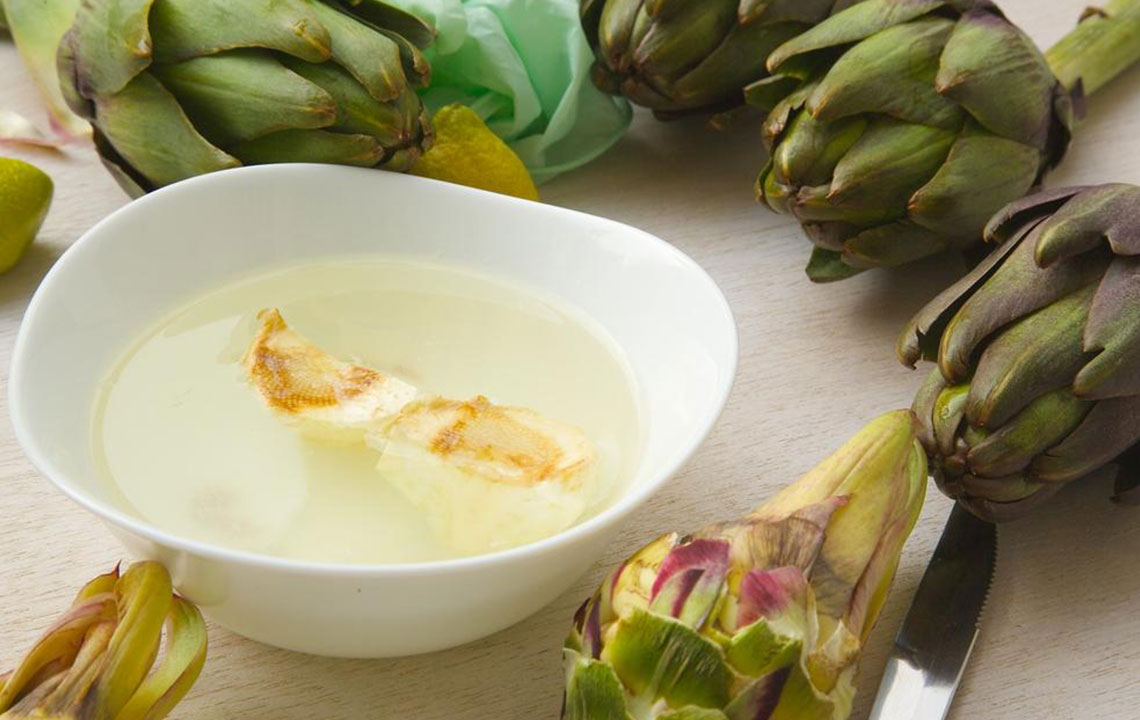
Proven Methods to Reduce High Cholesterol Levels
While statins are commonly prescribed to lower LDL cholesterol, they may cause side effects or be less effective if genetics are a contributing factor. Fortunately, there are various alternative approaches to manage cholesterol effectively.
Learn about different options, including medications and lifestyle adjustments, to help you maintain healthy cholesterol levels.
Medications
Alternative medicines to statins include bile acid sequestrants that bind to intestinal bile acids, prompting the liver to remove more LDL cholesterol via stool. Examples are colestipol, cholestyramine, and colesevelam.
Another option is ezetimibe, which blocks cholesterol absorption in the intestine and signals the liver to draw cholesterol from the bloodstream, effectively lowering blood cholesterol.
Vitamin B3 (Niacin)
Niacin boosts HDL (good cholesterol) and reduces triglyceride levels by inhibiting triglyceride synthesis and LDL secretion. Though less potent than other drugs, it is often recommended to manage cholesterol with fewer side effects.
Fibrates
Fibrates like gemfibrozil and fenofibrate help decrease VLDL production, lowering triglycerides and LDL in the process, supporting better heart health.
Omega-3 Fatty Acids
Omega-3s, found in fatty fish or supplements, increase HDL levels and reduce triglycerides and LDL, making them a beneficial addition to cholesterol management.
Always consult your healthcare provider before starting any medication or supplement treatment.
Dietary Adjustments
Diet plays a critical role in cholesterol levels. Focus on consuming natural, unprocessed foods, and reduce intake of unhealthy fats and sugars. Incorporate foods like spinach, rich in lutein, which helps prevent artery clogging; avocados, containing cholesterol-lowering plant sterols; dark chocolate, packed with antioxidants; and olive oil, promoting healthy fats. Additionally, include beans, oats, garlic, and moderate red wine in your diet. Regular exercise complements these dietary changes for optimal results.
Engaging in moderate physical activity like walking, cycling, swimming, or sports can significantly improve your cholesterol profile. Combining lifestyle changes with medical advice leads to healthier outcomes and better heart health.
Take proactive steps today—improve your cholesterol levels and enjoy a healthier lifestyle with these proven strategies.

